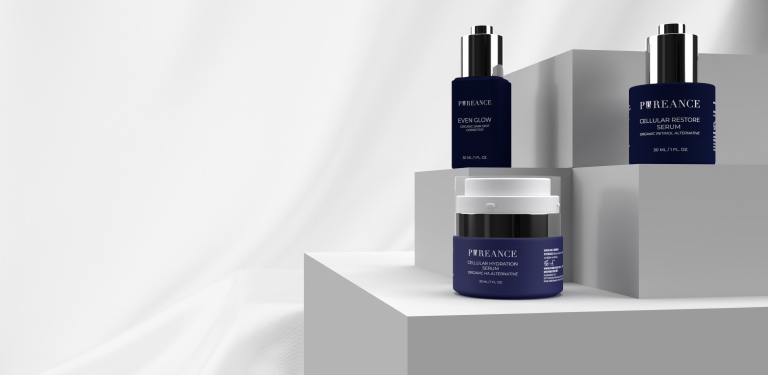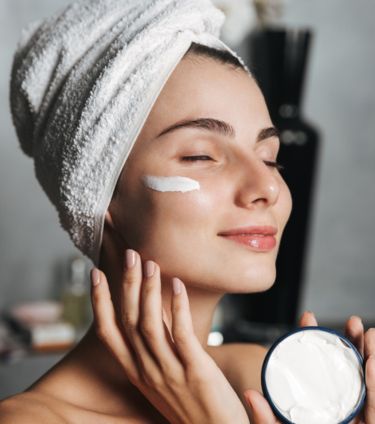
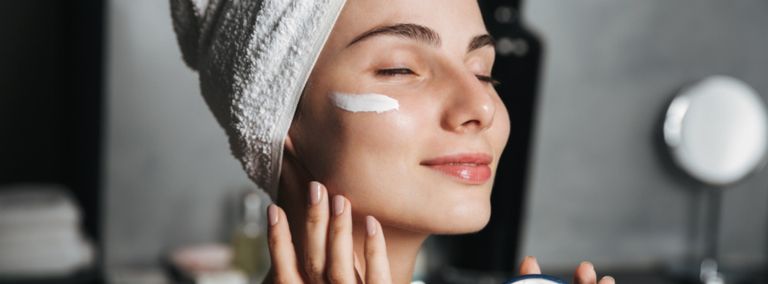

10 Steps on How to Repair Your Skin Barrier Naturally
Understanding how to repair the skin barrier naturally is essential for maintaining healthy, resilient skin. The skin barrier is your body’s frontline defense, protecting against environmental stressors, locking in moisture, and preventing irritants from causing damage. When this barrier is compromised, your skin may become dry, irritated, and more prone to sensitivity.
Fortunately, there are natural ways to support and revamp your skin barrier, helping it to restore its protective functions. In this blog post, we will explore 10 practical and science-backed steps that you can incorporate into your skincare routine to support your skin barrier naturally and effectively.
Key Article Findings
- Gentle, pH-balanced cleansing is essential for repairing the skin barrier without stripping natural oils.
- Hydration, through both topical products like humectants and internal water intake, is crucial for maintaining skin barrier health.
- Nourishing the skin with oils high in linoleic acid and incorporating antioxidants helps reinforce and protect the barrier.
- Consistent moisturization, alongside avoiding irritants, supports the barrier’s recovery and resilience.
1. Gentle Cleansing
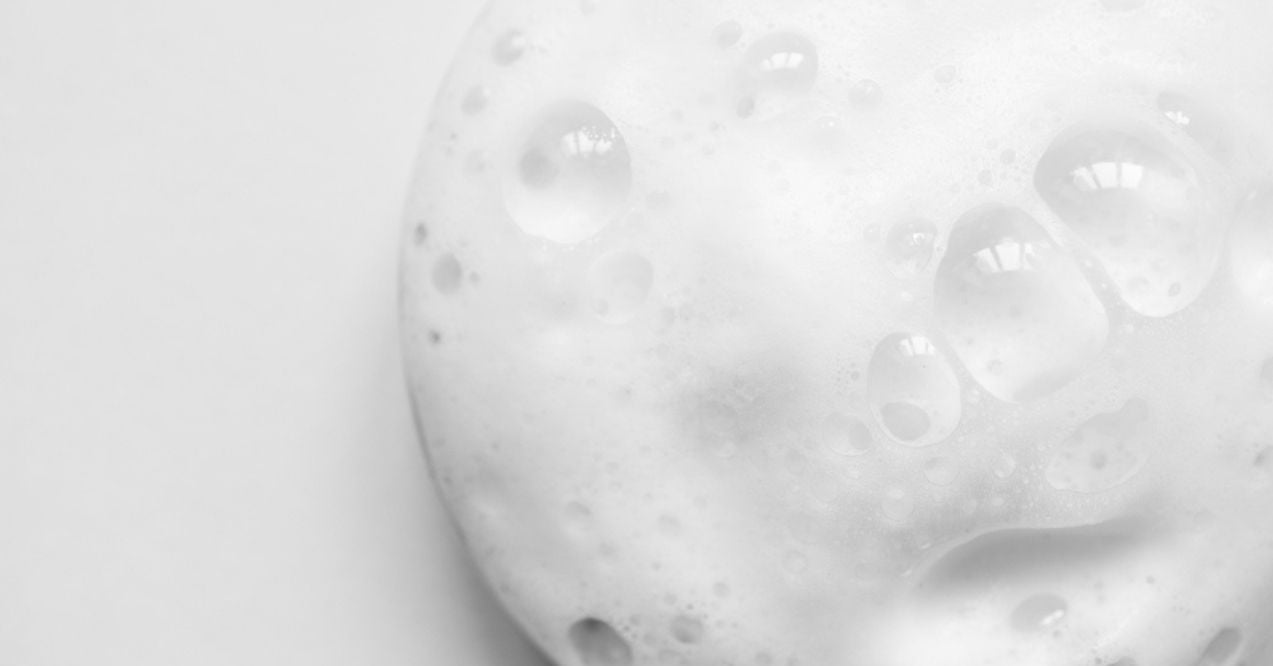
Learning how to repair your skin barrier naturally begins with gentle cleansing. Non-foaming, pH-balanced cleansers are crucial as they clean without stripping the skin’s natural oils. Ingredients like oatmeal and chamomile are ideal for soothing and protecting the skin. Cleansing once a day, preferably at night, helps maintain the skin’s moisture levels while removing impurities accumulated during the day. Alternative methods, such as raw honey or oil cleansers, offer natural options that clean effectively without disrupting the delicate balance of your skin, making them excellent choices for barrier repair.
2. Hydration is Key
Proper hydration is essential for maintaining a healthy skin barrier. Humectants like hyaluronic acid and glycerin are powerful ingredients that draw moisture into the skin, keeping it supple and resilient. Incorporating alcohol-free hydrating toners into your routine can further enhance your skin’s ability to retain moisture. Additionally, staying hydrated from the inside is crucial. Drinking plenty of water and consuming hydrating foods such as cucumbers and watermelon support your skin’s hydration levels. These practices are fundamental in learning how to repair your skin barrier and maintain its protective functions.
3. Nourishing with Oils and Butters

Nourishing your skin with oils high in linoleic acid, such as grapeseed, sunflower, and rosehip oil, plays a vital role in repairing the skin barrier. These oils help reinforce the barrier without clogging pores, making them ideal for maintaining a healthy complexion. Natural butters like shea butter offer excellent occlusive properties, locking in moisture and providing a protective layer over the skin. By incorporating these oils and butters into your routine, you can enhance your skin’s ability to retain moisture and fortify its natural defenses against environmental stressors.
4. Incorporating Antioxidants
Antioxidants like vitamins C and E are crucial for protecting your skin from free radicals and aiding in its repair. These powerful compounds help neutralize oxidative stress, which can weaken the skin barrier. Including topical antioxidants in your skincare routine supports the barrier’s resilience and promotes healthier skin. Additionally, consuming antioxidant-rich foods like berries, nuts, and leafy greens can support skin health from within. When learning how to repair damaged skin barrier, it’s important to note that it involves both external and internal strategies, making antioxidants a key component in your overall approach.
5. Balancing the Skin’s pH
Maintaining the skin’s natural pH, which ranges from 4.5 to 5.5, is essential for preventing irritation and supporting the skin’s microbiome. When the pH is balanced, the skin barrier remains strong, reducing the risk of dryness and sensitivity. Using pH-balanced skincare products is key to preserving this balance. A simple DIY apple cider vinegar toner can help maintain your skin’s pH: mix one part apple cider vinegar with two parts water. Apply this mixture gently with a cotton pad after cleansing to keep your skin’s pH in check and support overall barrier health.
6. Strengthening the Lipid Barrier

Strengthening the lipid barrier is essential for maintaining healthy skin. Fatty acids like omega-3 and omega-6 play a crucial role in rebuilding this barrier, which helps retain moisture and protect against external stressors. Supplements such as fish oil or dietary sources like flaxseeds are excellent for boosting these fatty acids. Additionally, ceramides and cholesterol are vital components of the lipid barrier, aiding in its repair and resilience. Understanding how to fix damaged skin barrier includes incorporating these elements into your routine, whether through diet, supplements, or skincare products, to support long-term skin health.
7. Avoiding Irritants
Ingredients like alcohol, fragrances, and harsh exfoliants can strip the skin and cause irritation. Therefore, it’s important to choose gentle, fragrance-free products in your skincare routine. Additionally, protecting the skin from environmental stressors like pollution and UV rays is also crucial. Use physical sunblocks containing zinc oxide or titanium dioxide and wear protective clothing when outdoors. Understanding how to repair sun damage can help reduce irritation and support the skin barrier’s recovery.
8. Supporting the Microbiome
Supporting the skin’s microbiome is key to maintaining a strong barrier. Probiotics play an essential role by promoting a balanced, healthy microbiome that can protect the skin from harmful bacteria and environmental stressors. Natural sources of probiotics, such as yogurt masks, can be directly applied to the skin to boost beneficial bacteria. Additionally, prebiotics, which serve as food for these good bacteria, are crucial for sustaining a balanced microbiome. Including prebiotic-rich ingredients in your skincare routine or diet helps maintain this balance, contributing to overall skin health and barrier function.
9. Consistent Moisturization
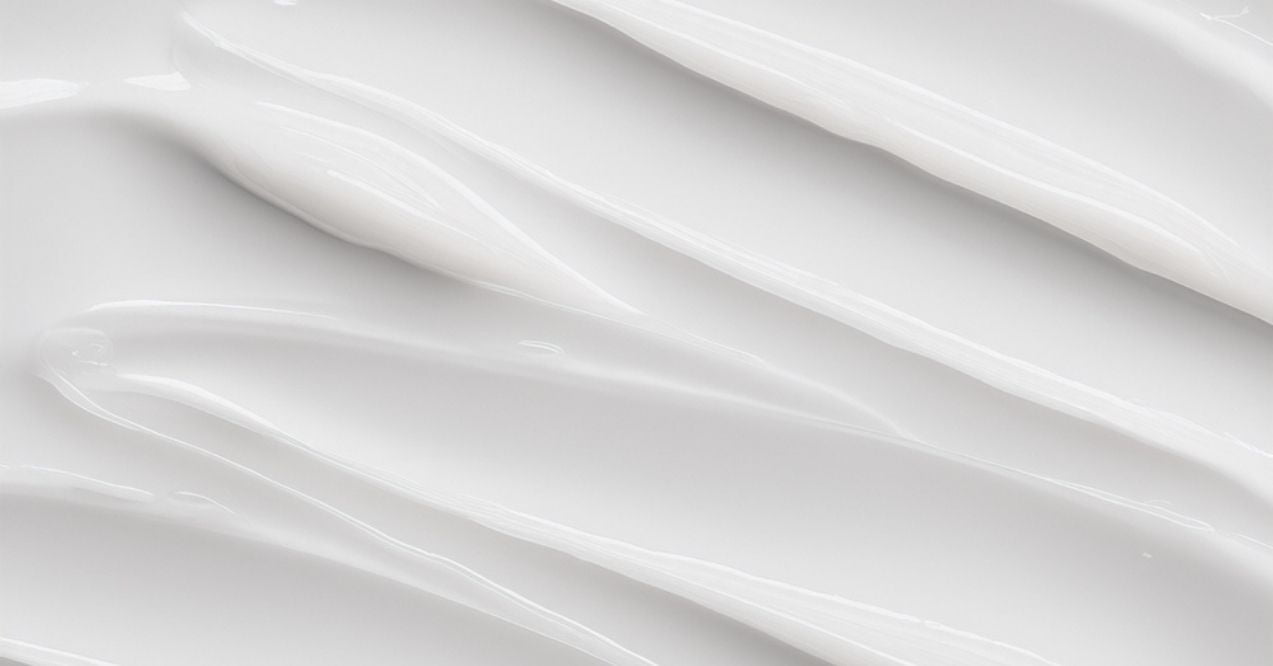
Consistent moisturization is essential for maintaining a healthy skin barrier. Layering moisturizers ensures deep hydration by starting with a humectant like hyaluronic acid to draw moisture into the skin. Follow this with an emollient, such as a cream or lotion, to smooth and soften the skin. Finish with an occlusive, like a balm or oil, to lock in moisture and provide a protective barrier. Monitoring your skin’s response to these steps is key, as improved moisture retention can help you determine how to tell if your skin barrier is damaged or on the path to recovery.
10. Patience and Persistence
For those wondering how long it takes to repair the skin barrier, the timeline can vary depending on the extent of the damage and the consistency of your skincare routine. On average, it can take anywhere from two to four weeks to start seeing noticeable improvements. Mild damage may begin to heal within this period, but more significant damage could take longer – sometimes up to several months. If you notice reduced sensitivity, better moisture retention, and overall smoother texture, these are signs that your efforts are paying off. Be prepared to adjust your routine as needed based on your skin’s reactions. Remember, understanding how to heal your skin barrier requires patience and persistence
Conclusion
Understanding how to repair the skin barrier naturally is crucial for maintaining healthy, resilient skin. By incorporating gentle cleansing, proper hydration, and nourishing oils into your routine, you can effectively support your skin’s natural defenses. Consistent moisturization and avoiding irritants also play key roles in restoring and strengthening the barrier. With patience and persistence, these natural steps can help you achieve a balanced, healthy complexion.
Natural ingredients best for repairing the skin barrier include oils rich in linoleic acid like grapeseed and sunflower oil, humectants such as hyaluronic acid and glycerin, antioxidants like vitamins C and E, and occlusive agents like shea butter.
Yes, diet can affect the skin barrier. Foods rich in omega-3 fatty acids (like fish and flaxseeds), antioxidants (like berries and leafy greens), and hydration (like cucumbers and watermelon) support and strengthen the skin barrier from within.
Yes, you can use makeup while your skin barrier is damaged, but opt for gentle, non-comedogenic products. Avoid heavy or irritating ingredients, and prioritize makeup that includes soothing and hydrating properties to support the healing process.
The microbiome protects the skin barrier by balancing beneficial bacteria, which helps prevent irritation and infections. You can support it by using probiotic skincare products, applying yogurt masks, and incorporating prebiotics to nourish these good bacteria.
It’s safe to exfoliate gently while repairing your skin barrier, but limit it to once a week using mild, non-abrasive exfoliants. Avoid harsh scrubs or acids that can further irritate or damage the compromised barrier.
This site offers health, wellness, fitness and nutritional information and is designed for educational purposes only. You should not rely on this information as a substitute for, nor does it replace, professional medical advice, diagnosis, or treatment. If you have any concerns or questions about your health, you should always consult with a physician or other health-care professional. Do not disregard, avoid or delay obtaining medical or health related advice from your health-care professional because of something you may have read on this site. The use of any information provided on this site is solely at your own risk.
Nothing stated or posted on this site or available through any services are intended to be, and must not be taken to be, the practice of medical or counseling care. For purposes of this agreement, the practice of medicine and counseling includes, without limitation, psychiatry, psychology, psychotherapy, or providing health care treatment, instructions, diagnosis, prognosis or advice.


